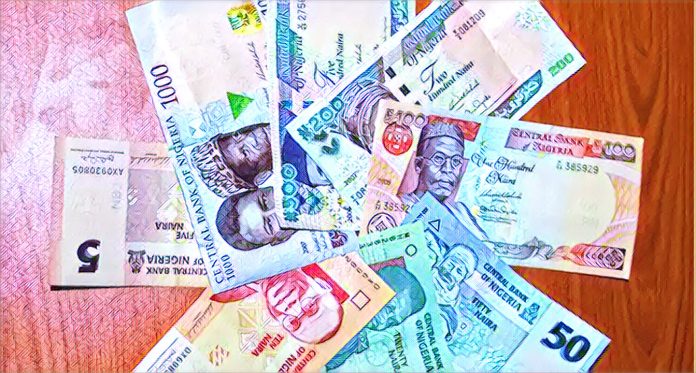Nigeria’s naira currency has depreciated significantly in the past five decades, losing 99.92% of its value against the US dollar. In 1973, when the naira was introduced to replace the British pound, it could buy one dollar at N0.62 in the official foreign exchange market. Today, it trades at N778.60 per dollar in the same market, according to the Central Bank of Nigeria (CBN).
The naira’s decline is attributed to factors such as inflation, economic mismanagement, corruption, political instability, oil price shocks, and multiple exchange rates. The CBN has tried to defend the naira by imposing exchange controls, rationing foreign currency, and devaluing the currency several times. However, these measures have not stabilized the naira or boosted the economy.
The depreciation of the naira has negatively impacted Nigeria’s balance of trade, external reserves, foreign debt, inflation, and living standards. The country has become more dependent on imports of goods and services, especially refined petroleum products, which account for a large share of its foreign exchange demand. The country’s external reserves have dwindled from $64.85 billion in 2008 to $33.23 billion as of September 26, 2023. The country’s public debt has increased from $10.8 billion in 2000 to $79.3 billion as of March 31, 2023.
The high cost of importing goods and services has also fuelled inflation, which stood at 18.17% in March 2023. The rising prices have eroded the purchasing power of Nigerians and increased poverty levels. According to the World Bank, Nigeria’s poverty rate rose from 40% in 2019 to 45% in 2020, meaning about 100 million Nigerians live on less than $1.90 daily.
Many Nigerians have called for a reform of the foreign exchange policy to address the naira’s woes. Some experts have suggested that the CBN should adopt a flexible and unified exchange rate system that reflects market forces and eliminates distortions. Others have advocated diversifying the economy from oil dependence and promoting non-oil exports to increase foreign exchange earnings.
The CBN recently announced changes to the foreign exchange policy that would allow foreign currencies to be bought and sold at market-determined rates. This signals the intention of the Bola Ahmed Tinubu administration to liberalize the foreign exchange market and restore confidence in the naira. However, some analysts have warned that this policy alone cannot solve the naira’s problems without addressing the underlying structural issues affecting the economy.
The depreciation of the naira reflects Nigeria’s economic challenges and opportunities. The country needs to adopt sound monetary and fiscal policies, improve governance and security, invest in infrastructure and human capital, and foster a conducive environment for private sector development. These steps would enhance Nigeria’s competitiveness and resilience in the global market and create a better future for its people.
Source: Business Day



